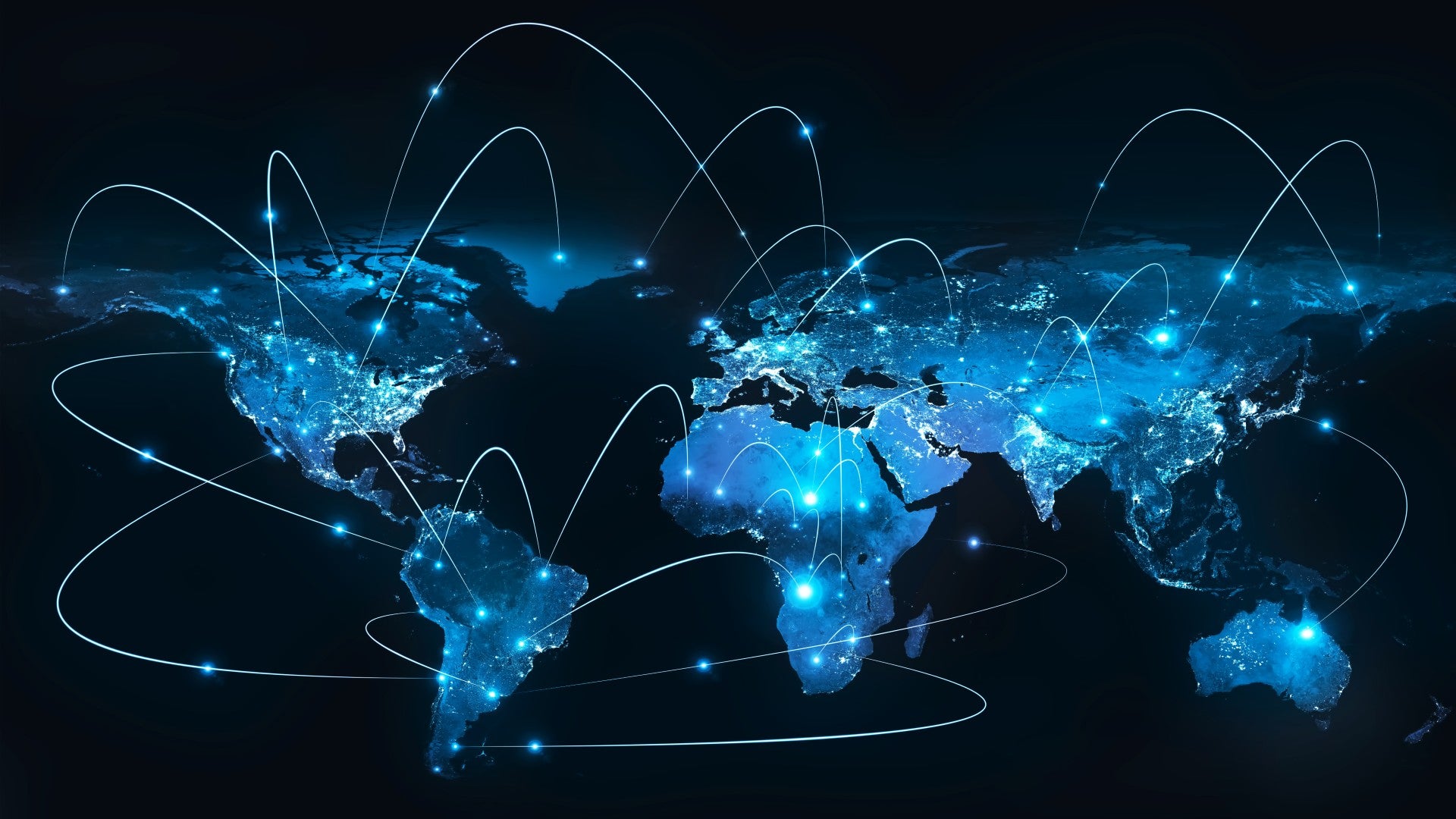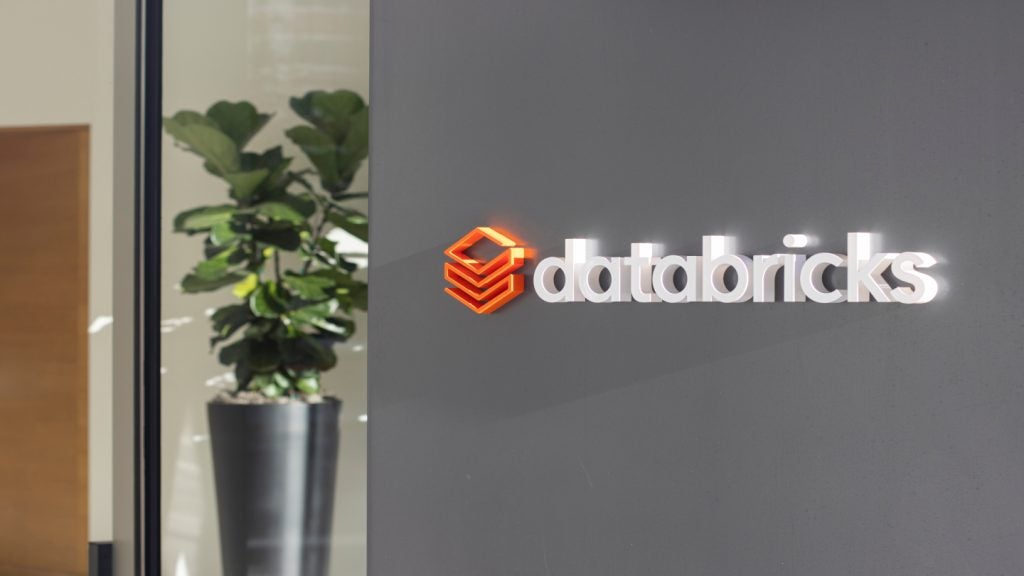
AI is changing everything from defence to healthcare and writing to art. Business leaders and governments are scrambling to get to grips with the new technology, hoping to harness it or at least limit the damage it may do if left unchecked.
Emma Wright, a partner at law firm Harbottle & Lewis leading its technology, data and digital group, is acutely aware of these challenges. She is also the director of the Interparliamentary Forum on Emerging Technologies, an international group of legislators working to understand the impact of new technology, particularly AI. Verdict sat down with her to discuss the EU AI act, the importance of data storage and the impact of the Global South on the future of technology.
Do you think the EU’s AI Act will spur the US or UK to do something similar?
What the EU wants to do to do with its AI act, I believe, is similar to what it wants to do with GDPR, which is set a gold standard of regulation that the world will follow. With GDPR, I think within reason they achieved it, actually. So it’s not a bad aspiration to have. There are lots of parallels between the GD between GDPR and the AI act, including the problems of trying to reach agreement between lots of different stakeholders and how long that takes, so I commend the EU for coming out and putting a marker in the sand.
Do I think that the UK and the US will follow? No, I don’t. The reason I say that is because there’s a significant compliance cost. In the US, we might see a growing state enforcement though, similar to the California Privacy Act following on from GDPR. I just don’t see where a large comprehensive piece of legislation is going to come from, particularly in light of where we are in the electoral cycle in the US now.
When I was in Slovenia last month at the UNESCO Global Forum on AI and ethics at the invite of the Slovenian government, the US was talking about their executive order, which they feel is pretty comprehensive. For the US, it is.
In the UK, if we have a change in government, we will have more regulation around AI, but if you take into account how long the Online Safety Act took, I’m not sure whether they’ll go for a very comprehensive Act, or try and be more pragmatic and build on what’s already been going on. So more regulation, but suited to different industry sectors.
How well do you really know your competitors?
Access the most comprehensive Company Profiles on the market, powered by GlobalData. Save hours of research. Gain competitive edge.

Thank you!
Your download email will arrive shortly
Not ready to buy yet? Download a free sample
We are confident about the unique quality of our Company Profiles. However, we want you to make the most beneficial decision for your business, so we offer a free sample that you can download by submitting the below form
By GlobalDataDo you think that similar to how some US sites don’t work in the EU after GDPR, we might see a splitting apart of AI by region based on this legislation?
Yes, I’ve said for several years that we may end up with a breaking up of the internet of the US, the EU, China and the rest of the world. Actually saying that, I still think there’s the potential for the Spanish language internet to do something different. In Europe we’re at risk of not looking beyond what’s directly in front of our nose, which is the EU, the US and China. At an event last year with Latin America and the Caribbean, there were definitely calls amongst the South American ministers for greater collaboration to be able to compete [with the rest of the world].
The Chilean minister was talking last month about how they have introduced an AI act, but not as comprehensive as the EU AI act. It’s EU AI lite, because they didn’t want the cost of compliance. So it does make me wonder if that if that won’t just happen, and we won’t really be that aware of it until all of sudden we are.
Do you think this will further the process of onshoring and reshoring of assets away from hostile powers?
Without a doubt. There’s a lot of data localisation going on; there are various countries that are requiring data to be stored more locally. Previously we’ve seen infrastructure as tangible things, whereas there is a realisation now that things like the cloud are pieces of infrastructure. It’s not really this floaty bit of air, there are bits of kit in big data centres consuming energy. Its infrastructure, it’s just that we don’t have to look after it. We don’t really see it like that.
Now there is a hyper awareness of our dependency on this type of infrastructure for some of our key functions and how that could affect democracies if they were attacked. I think there is also more of a consideration that as we make the move from carbon to net-zero we may build up dependencies in geographical regions that we might not consider as friendly. We will just stagger into it if we’re not careful.
At an AI event, I sat next to the Chilean minister at a dinner, which is why I’ve got these excerpts. I was asking her about the venture capital and green technologies scene in Chile, and how worried it was about fracturing based on minerals, because that seems to me like something that might happen. She said she was getting reports that the VC guys believe – and they’re generally guys – that lithium will be replaced by a synthetic material in the next five to seven years. So there’s a lot of investment going into biotech, but not too much in green mining technologies despite Chile’s vast lithium deposits.
So my only potential counter to that fracturing is that the synthetics might create a new world order instead.
There are groups, especially in the US, that are existentially worried about AI. Do you think the AI act will do much to assuage their fears?
EW: So I’ve said this publicly, and I had this being in UK Government in the late 90s, that the pace of change even then was far greater than the pace of being able to develop policy and thinking and legislation around it. I think that there is a very real risk of this, particularly with AI. The AI act is already starting to look a bit difficult; We don’t know what they’re going to come out with. In private conversations with Anthropic before they had investment, they were briefing us in our network that there was another couple of years of really tremendous change in AI before we reach a point where it’d be like, are you going to fund the Pentagon or are you going to build another large language model. So we’ll end up in another kind of flatline.
Any final thoughts?
I think it will be interesting to see the role of the multilaterals. The UN through the States announced something recently that seemed to be making a commitment about AI needing to work for both Global North and Global South. I think the AI battle will play out in the Global South, and who gains the stronghold in these markets will determine the future.







